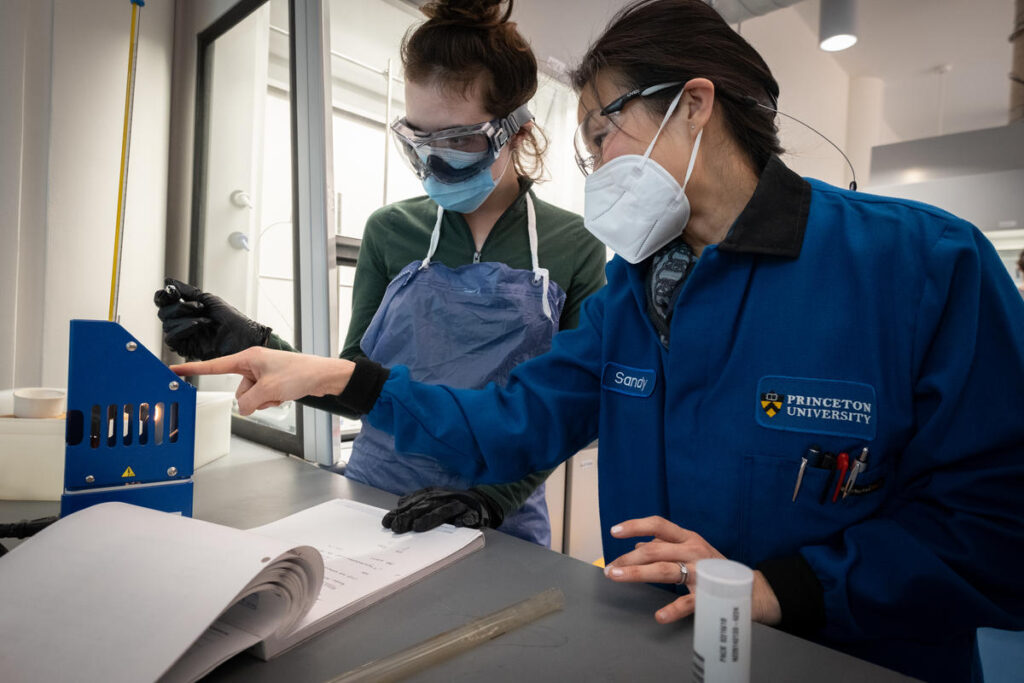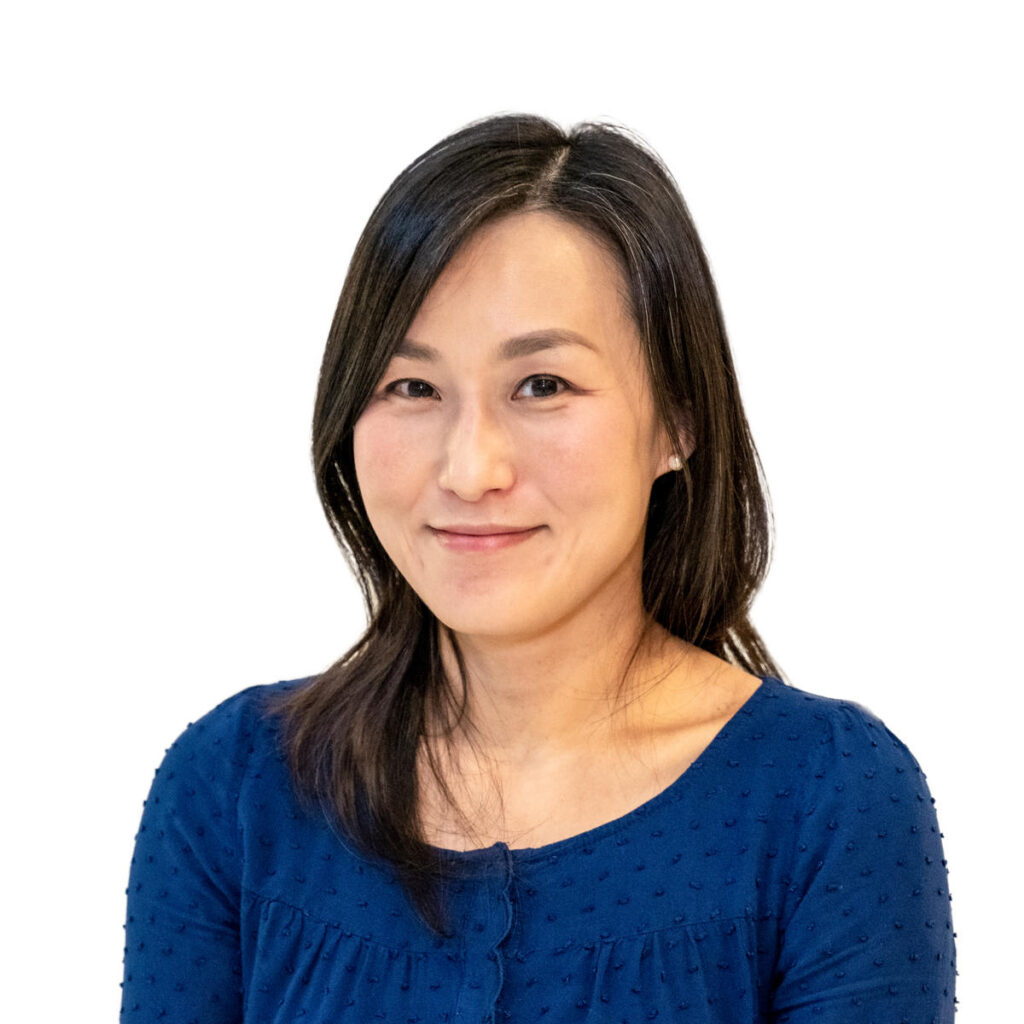Knowles Finds New Mission Directing Undergrad Labs

When it was time to make a decision about the next step in her career, Sandra Lee Knowles harkened back to guidance she’d gotten from her mentors over the years: there are a hundred ways to do something, so be smart about the way you choose, she recalls hearing; or, always consider the big picture.
Good advice is applicable at the bench, and everywhere else. So it’s not surprising that it convinced Knowles she too could find her calling as a mentor when she transitioned from a career in industry to academia.
Now one year into a post as director of the organic teaching laboratories in the Department of Chemistry, Knowles is making her mark by aligning undergraduate chemistry coursework with hands-on learning for a lab full of occasionally bewildered young scientists.
“Mentorship is absolutely crucial. It permanently shapes you based on your experience with these individuals, because what you perceive is ultimately what your mentor teaches you to put an emphasis on,” says Knowles. “I learned a tremendous amount from my mentors. So I said to myself, I had a fantastic career and fantastic training from fantastic mentors—what should I do with it? I realized I would really like to give back to the chemistry community.
“How do you do that? You want students to enjoy chemistry. This is ultimately the goal, right? You want to diffuse their preconceived notions of what chemistry is. Chemistry is all around us and is in our bodies and controls our physical worlds. So, if you see it in action, as you will in these labs, hopefully that gives everyone a greater appreciation.”
Crucial to the task, she says, are the foundational techniques, equipment, and methods that connect what students learn in class with how chemistry works in the physical sense. To help pass on those lessons, Knowles supplements lab instruction with a series of brief pre-recorded videos for students to watch before each lab.
A recent video for CHM 301/337 on separating and purifying components of an analgesic powder, for example, pairs Knowles’ calm narration with a breakdown introducing the analysis of structure using extraction, crystallization, and chromatography.
Sixth-year graduate student Emilia Arguello TA’d for Knowles beginning in September.
“The pandemic prevented in-person labs from happening at all last spring, so this was the first time students were actually doing lab work in person. I think there was a high potential for chaos, but Sandy kept everything incredibly organized,” says Arguello. “She made sure we were on top of the experiment by the time we had to go into lab, but remained flexible in terms of letting each TA lead in their own style.”

“Mentorship is absolutely crucial,” says Knowles, who enjoyed a successful career in industry before coming to Princeton Chemistry.
Knowles follows lecturer Henry Gingrich in the directorship position; he retired in June following 30 years with the department.
Knowles earned her B.S. in chemistry from the University of California, Berkeley, under Jeffrey Long; and her Ph.D. in organic chemistry from the California Institute of Technology, with David MacMillan, now the James S. McDonnell Distinguished University Professor of Chemistry.
Prior to Princeton, Knowles was in medicinal chemistry and then in process chemistry at Merck, where she had years of mentorship under her first supervisor Kevin Campos, now Vice President, Head of Process Research & Development at Merck. It was a successful and satisfying job.
But it was her two young children that persuaded Knowles a better work-life balance was needed.
“I thought when I came into this position that it would be good for students to see that you can be a woman and do research, that there is a path for it,” says Knowles. “I can talk to grad students and undergrads and be that reference point for them. I want them to be not just scientists, but scientific leaders. Now, what does that mean for this role? I think I have an opportunity to share my story. And if people are interested, I can tell them what it’s like for me.
“Overall, what I want to convey to my students is that chemistry is not so prescriptive. There is a creative aspect to it along with the practical side. The satisfaction you get from doing this work creatively is just amazing,” she says. “I mean, you’re learning how to build molecules. That’s beautiful, right?”
